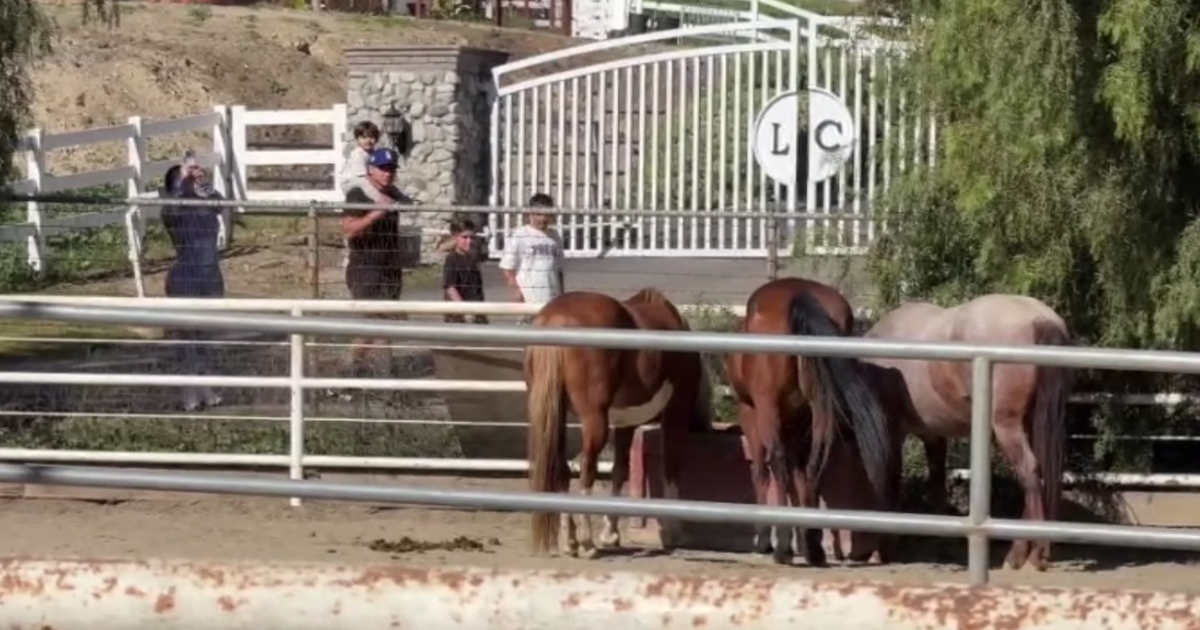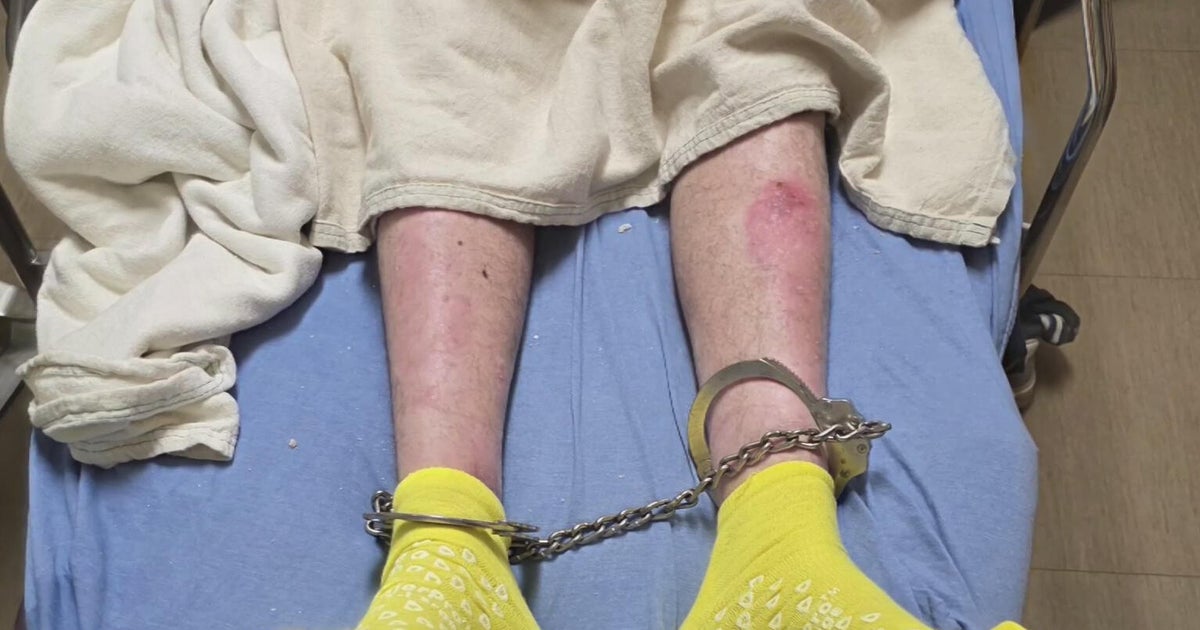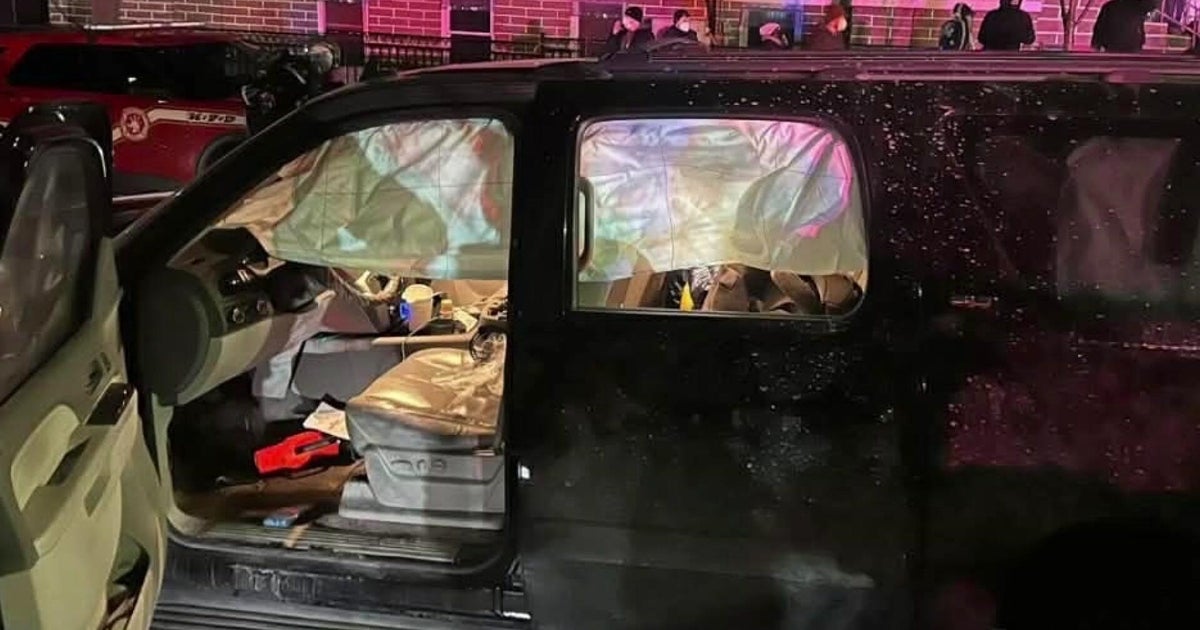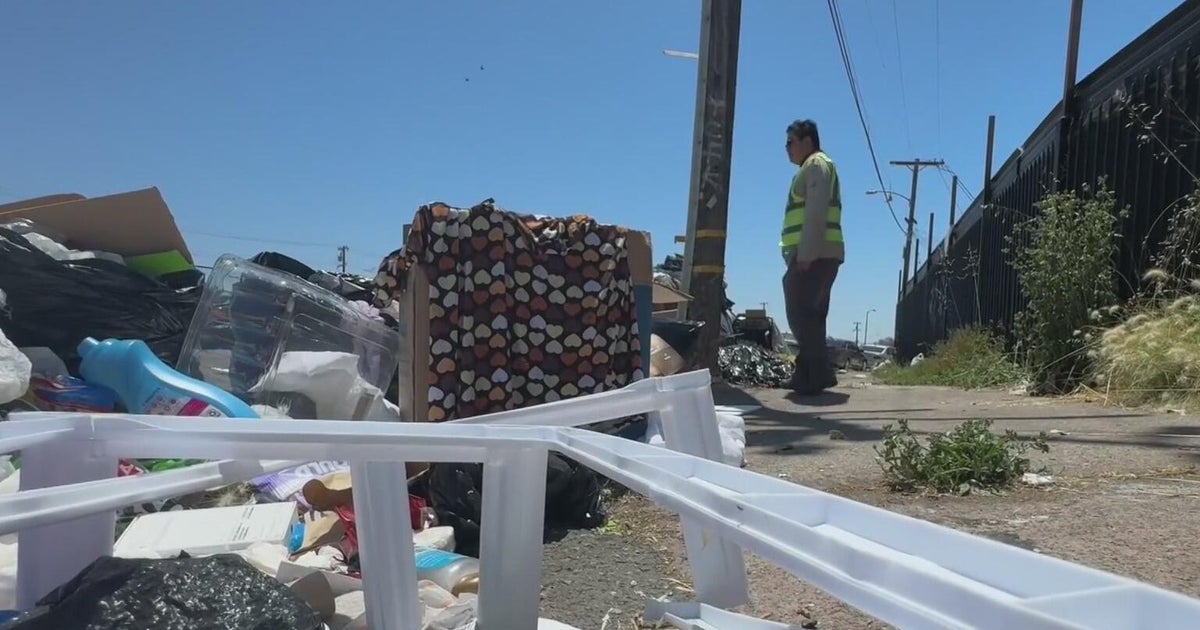Viral Ice Cream Challenge Incites Shock, Participants May Face Charges
(CNN) -- It's just flat-out gross.
People go into grocery stores, open a container of ice cream at random, lick the top, put it back in the freezer and then just walk away. Oh, and then they put a video of the entire grotesque display on social media for all to see.
The #IceCreamChallenge, as it's now called, is just one of many social media trends over the past couple of years that has had people (mostly young people) doing questionable things and documenting them online.
Remember the "cinnamon challenge"? How about the too-reckless-to-be-real "fire challenge"?
What's going on in the minds of people who do these things? It's what impulsive teens and young adults do to get attention in the social media era, according to experts.
"It's just a plain old version of antisocial behavior," said Susan Whitbourne, professor emerita in the Psychological and Brain Sciences Department at the University of Massachusetts Amherst. "It is an antisocial act, and it's outside the bounds of proper social behavior."
They've licked ice cream
The most well-publicized version of the #IceCreamChallenge happened late last month in a Walmart in Lufkin, Texas. A young woman, seen in a Twitter video that's been viewed more than 11 million times, gleefully licked a half-gallon of Blue Bell Tin Roof ice cream before putting it back in the freezer. Police later identified a suspect and her boyfriend but said they won't release names because she is a juvenile.
"We do not intend to pursue charges against her as an 'adult' and therefore what happens from here is at the discretion of the juvenile justice system," Lufkin Police said in a statement.
Then there's the case of a 36-year-old man arrested in Louisiana after he was allegedly recorded pulling a carton of Blue Bell Ice Cream from a freezer, opening it, licking the frozen dessert and poking it with his finger before putting it back on the shelf. Police say they found evidence that Lenise Martin III posted the video on Facebook, suggesting that he was seeking attention for the alleged misdeed.
They've licked tongue depressors
And ice cream isn't the only thing people are finding to lick. A new version of the "licking" challenge grabbed the spotlight this week, when a video appeared on social media of a young girl grabbing a tongue depressor from a dentist's office in Jacksonville, Florida. The girl licked it and then put it back in the jar.
Her mother, 30-year-old Cori Ward, admitted recording the video and posting it on Snapchat, authorities say. She was charged with a felony, tampering with a consumer product. She faces up to 30 years in prison if convicted.
"I had just been waiting a long time. I was just being silly with my kids," Ward told CNN affiliate WJXT. "It's ruined my life right now. That's how I feel at least."
They do it to show off
Just why do young people take such risks -- and then put video of it on social media? One expert explained that it's just a high-tech version of teens showing off for their friends.
"Generally speaking, adolescents are both more reckless and more sensitive to social evaluation than either children or adults. The act(s) you describe seem to me to achieve both," Laurence Steinberg, a professor of psychology at Temple University, wrote in an email. "Our research has shown that teenagers are more likely to take risks when they are being viewed, or believe they are being viewed, by same-age individuals."
This trend of licking items in front of a camera isn't exactly new. Singer Ariana Grande got into hot water in 2015 when video surfaced of her appearing to lick doughnuts at a shop south of Los Angeles (and saying she hated America). The backlash was swift; Grande later apologized.
This sort of antisocial behavior happens frequently with people younger than 30, Whitbourne said. And throwing in social media only makes everything worse.
"Added to this rebellious component of the behavior is the anonymity provided by social media and the disinhibition it enables," she said. "Once posted, these displays will generate a certain amount of social reinforcement (i.e. likes and thumbs ups), and so the behavior spreads."
They do it for the 'likes'
She compared it with kids going around a neighborhood and knocking over garbage cans, but the difference with the "licking challenges" and other social media challenges is "the attention factor."
Teens really crave that kind of attention online, according to a 2013 Pew Research Center report on how teens use social media. It explored the "elaborate rituals" that teens undertook to get "likes" on Facebook.
"For many, Facebook is an extension of offline social interactions," the authors wrote. " 'Likes' specifically seem to be a strong proxy for social status, such that some teen Facebook users will try to upload photos of themselves that garner the maximum number of 'likes,' and remove photos with too few 'likes.' "
Or they'll just grab a carton of chocolate chip ice cream, lick it and post the video online so their friends can cheer them on.
Parents need to have a chat
What can parents do to stop their children from doing such reckless things? Steinberg says there's not a lot.
"There's not much parents can do, other than reminding their teens often that materials posted on social media are easily seen by anyone (not just their followers and friends), and this includes law enforcement, college admission committees, and potential employers, and that they are there forever, even when the teenager thinks they have been taken down," he said.
"As a result, posting information about delinquent or criminal activity, or about other antisocial behavior (such as hate speech) can have pretty bad consequences. Teenagers tend not to think much about the future consequences of their decisions, so it is good for parents to have a discussion (or multiple discussions) about this."
Whitbourne agrees that it's just one more talk that parents need to have with their teens (and sometimes even their young adult children).
"It think it's all part of the social media conversation parents have," she said. She suggested employing a little empathy when sitting down with your teen or young adult children and talking about this. Have them imagine that they are the customer who bought a contaminated container of ice cream.
"I'd ask them, 'How would you feel if you bought some ice cream and discovered it had been licked?' "
Probably grossed out, like the rest of us.
The-CNN-Wire™ & © 2019 Cable News Network, Inc., a Time Warner Company. All rights reserved.







